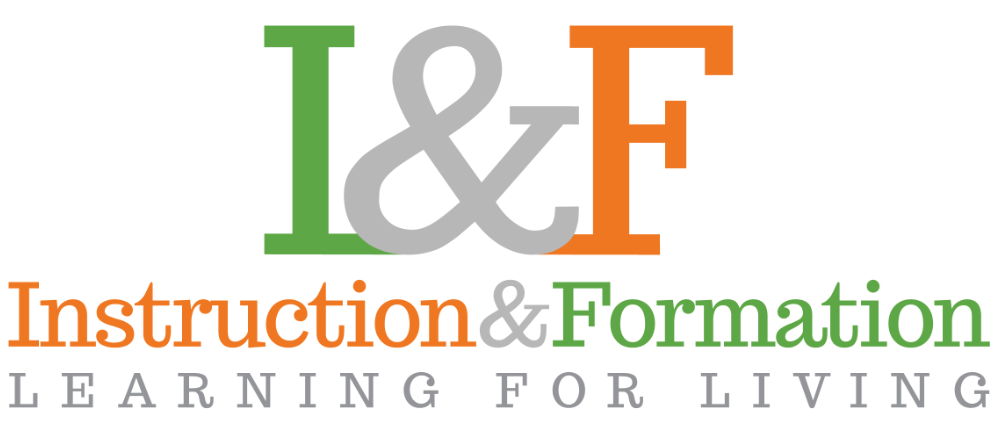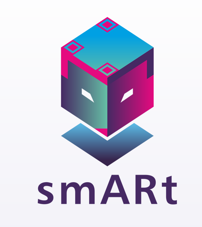SMART project
The EU is experiencing a shortage of STEM skills due to various reasons, including a lack of interest in STEM jobs among young people, low attainment in STEM subjects, and career choices outside of STEM occupations. Augmented reality (AR) technology has the potential to address this problem by increasing participation, understanding, and learning in schools. However, some partner countries, such as Italy and Romania, still rely on traditional teaching methods and lack policies and action plans for STEM education. In addition, schools and teachers in Lithuania, Latvia, Turkey, and Ireland lack technology usage, making it difficult for students to adapt to university-level studies. The project aims to promote the use of AR in education and could serve as a basis for future research and development across the EU.
The specific objectives of the project are:
- To increase schoolchildren’s participation and interest in STEM subjects
- To raise awareness and draw attention to technology use importance in schools at local, national, and international levels.
- To increase the quality of the educational process of schoolchildren and teachers
- To provide proper tools to schoolchildren and teachers
- To create and promote tools and guides for local and Europe-wide usage to assist in the school shift toward digitalization
- To increase the quality of the school education in the countries involved
- To increase the cooperation among European different entities working in the field of education and technology development.
- To establish cooperation and partnership at the European level.
- To develop and to promote STEM competencies for schoolchildren
- To promote a European up-skills pathway, carried out in different countries for using augmented reality in different spheres
- To increase the quality of the technological knowledge of the partners involved and their stakeholders
- To promote a lifelong upgrade of competencies by teachers in the technological field
The expected results are:
- The cross-country research involved six countries and examined methodologies, guidelines, a sustainability plan, and recommendations.
- The research aimed to increase teachers’ knowledge of how augmented reality can be adapted to STEM subjects.
- The results should also attract the attention of education providers and encourage the shift towards digital education.
- Augmented reality files and a virtual library should capture the attention of schoolchildren and motivate them to choose STEM subjects in the future.
For further information, please visit:


